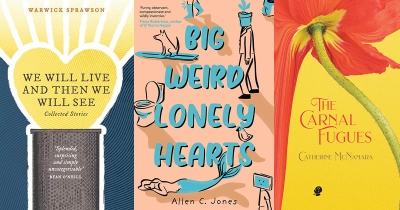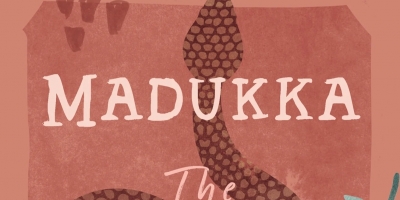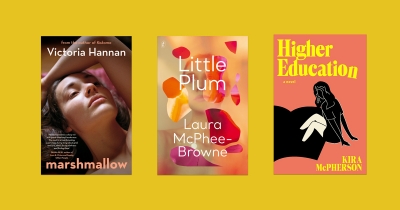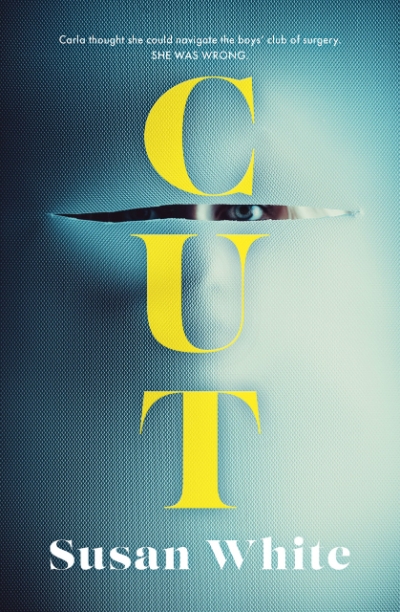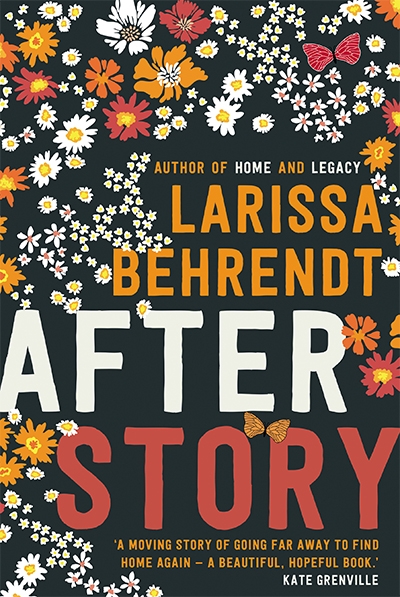Debra Adelaide
We Will Live and Then We Will See by Warwick Sprawson & Big Weird Lonely Hearts by Allen C. Jones
Marshmallow by Victoria Hannan & Higher Education by Kira McPherson
What is a short short story? More specifically, how short is it (or how long)? The most famous tiny example is attributed to Ernest Hemingway: ‘For sale: baby shoes, never worn.’ Whether he wrote this or not, it represents the gold standard in suggesting much in little. Like poetry, microstories or flash fictions allow no formal wobbling as authors tread a perilous tightrope between banality and inspired ingenuity.
... (read more)Cut by Susan White & The Registrar by Neela Janakiramanan
oubtless there will come a time when one’s more disciplined reading self requires nourishment from serious books that offer sustained intellectual, creative, and moral challenges. In the meantime, books – in particular the contemporary urban novel – may continue to satisfy by being charming, delightful, witty, heart-warming, hilarious, astringently refreshing, sharply observed, and deliciously original.
... (read more)There are decades where nothing happens, and there are weeks where decades happen,’ Vladimir Lenin has been credited with saying, with reference to the Bolshevik Revolution. It’s a sentiment that immediately springs to mind when reading Jessica Stanley’s A Great Hope, a début that, while not billed as historical fiction, is deeply concerned with history and its making.
... (read more)One of the hardest challenges for a novelist is to write a story for adults from the point of view of a child. In 1847, Charlotte Brontë set the bar high with Jane Eyre, the first novel to achieve this. The story ends when Jane is a woman but commences with the child Jane’s perspective. So effective for readers was Brontë’s ground-breaking feat that Charles Dickens decided to write Great Expectations in the voice of the child Pip, after just hearing about Jane Eyre, even before reading it.
... (read more)A new Susan Johnson novel is always a treat, partly because you get the sense that with each one she has set herself a specific creative challenge, and partly because she is such a fine writer. In From Where I Fell (Allen & Unwin, $32.99 pb, 338 pp), the epistolary novel, popular in the nineteenth century, has been updated, with the entire work in the form of emails. Nothing new in that, but what makes this different is that the contemporary problem of emailing someone unintentionally is followed through with that intellectually teasing ‘what if’ thread: what if the person you accidentally contacted was someone with whom you wanted to keep communicating? What if this person was someone to whom you could confess your most private thoughts? And what if this person never responded in a conventional manner?
... (read more)
